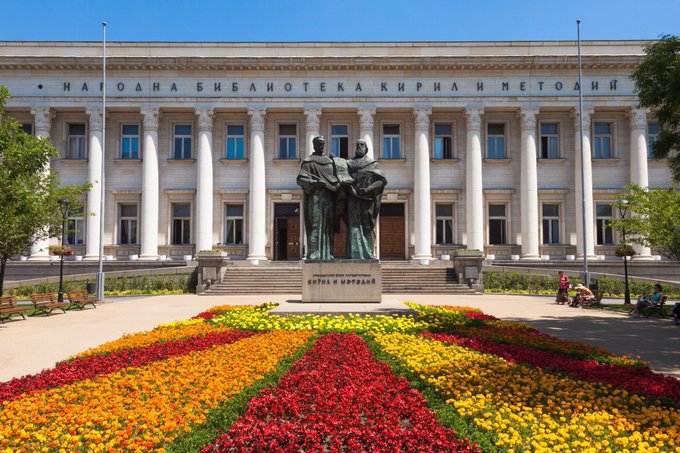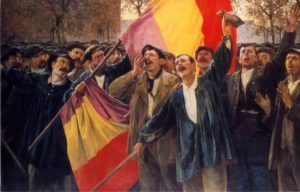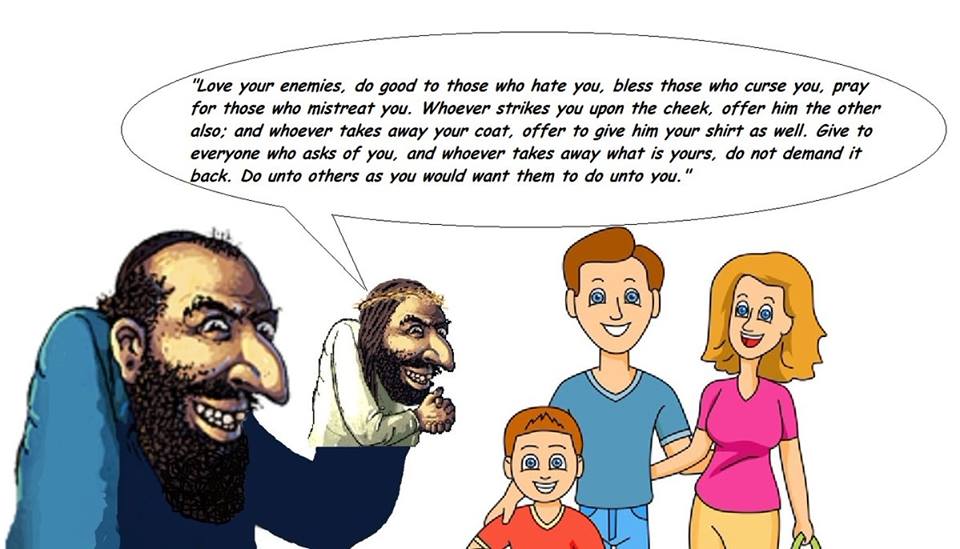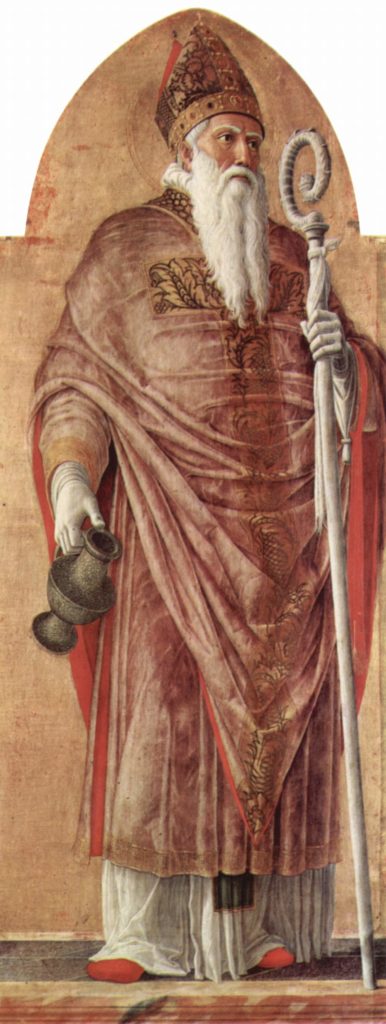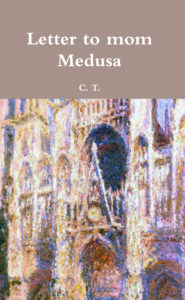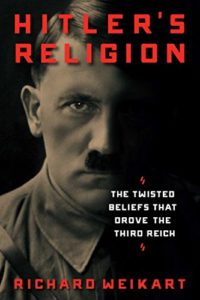Yesterday I was leafing through For Cause and Comrades by James M. McPherson and Apostles of Disunion: Southern Secession Commissioners and the Causes of War by Charles B. Dew. But it was not what I was looking for, even though McPherson begins his book with the splendid phrase, ‘Harriet Beecher Stowe insisted that she did not write Uncle Tom’s Cabin; God did’. What I was looking for was a book that dealt with the Yankee mentality, like the Lincoln quotes that Robert Morgan has been digging up and which we have collected here. Obviously, it is easier for me to try to capture the zeitgeist of the 1930s in Spain than to capture the zeitgeist of the 1860s in the US. Nevertheless, I think Morgan is right that both Jared Taylor and Gregory Hood have misled American racialists into believing that Lincoln or the founding fathers were racists.
Among the American racial right, the one who has read the most about US history is Hunter Wallace from whom I got the data to show that Taylor, to provide a rosy picture of American racial history, had cherry-picked his cherries like the pretty girl I reproduced in this article. But that’s just a blog entry. Is there a book out there that sets out, in a more scholarly way, what Morgan has been saying, for years, in the comments section of racialist forums? Ignorant as I am on this subject, I don’t know what the exact bibliography is. Nevertheless, as an introduction to the subject I feel like reading the novel Gore Vidal wrote about Lincoln. As long-time visitors to this site will recall, I had been collecting a huge number of passages from Vidal’s novel about Emperor Julian: the most important historical novel I have ever read.
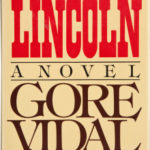 These are novels where it would be an outrage to read them on screen (PDFs of the books by the normies McPherson and Dew can be accessed on the internet). It is essential to have Vidal’s novels on paper in order to enjoy them. I must be honest on this point: the chapter on Julian in Edward Gibbon’s The History of the Decline and Fall of the Roman Empire bored me to tears and I couldn’t grasp any of the zeitgeister of the 4th-century c.e. Only Vidal was able to transport me to that world.
These are novels where it would be an outrage to read them on screen (PDFs of the books by the normies McPherson and Dew can be accessed on the internet). It is essential to have Vidal’s novels on paper in order to enjoy them. I must be honest on this point: the chapter on Julian in Edward Gibbon’s The History of the Decline and Fall of the Roman Empire bored me to tears and I couldn’t grasp any of the zeitgeister of the 4th-century c.e. Only Vidal was able to transport me to that world.
Yesterday I was saying that, despite General Franco’s victory, Spain today has subscribed to Wokism. In the totalitarian world we live in, it is impossible to find a recent novel or film that portrays historical events from our point of view. Yesterday, for example, I watched a large part of the Spanish film Mientras Dure la Guerra. I stopped it as soon as Miguel de Unamuno was shown speaking out against Día de la Raza (literally, Day of Race) and Nazi anti-Semitism.
Spaniards aren’t ready to repudiate Wokism because, as I said yesterday, totalitarian egalitarianism has its remote roots in universalist Catholicism since Constantine. And something similar could be said about Americans, who aren’t ready to see the ultimate truth about the American Civil War because they cling to a Protestantism that is also universalist and egalitarian (the aforementioned Dew, for example, ends Apostles of Disunion with an enthusiastic chapter on Obama because he was delighted that a black man had become president). Nor could Hunter Wallace of Occidental Dissent make an honest reading of the Yankee mentality because that would lead him to the apostasy of his Lutheranism.
In short, neither conservative Spaniards nor conservative Americans will ever understand why the European and American right always loses (and will lose, unless they get to the religious root of the matter). Although the title of this post is about the American war of secession, I would like to end it with the words that a commenter posted last year on this site about the Spanish party Vox: a party branded as fascist in both Spain and Latin America:
Vox is absolute garbage. They are anti-racist and extremely pro-Jew and Israel (it’s the holy land of the Christians). The first black man in the Spanish parliament was put there by Vox! The same is true in neighbouring Portugal, where so-called far-right parties are always trying to “prove” they’re not racists by pushing non-Whites as political candidates. They’re cuckolds (or traitors), all of them! Christians cannot be trusted as they are still infected by the inversion of values promoted by that Jewish weapon against Aryans called Christianity. “Wokeness” is just the latest mutation of Christianity. It’s just that now it doesn’t have Yahweh or Jesus: every single one of the believers is a Jesus! Everything is so fucked up now that it’s getting really hard to distinguish between enemies and retards everywhere in the West.
Syntax has been corrected. The original comment can be read here.
